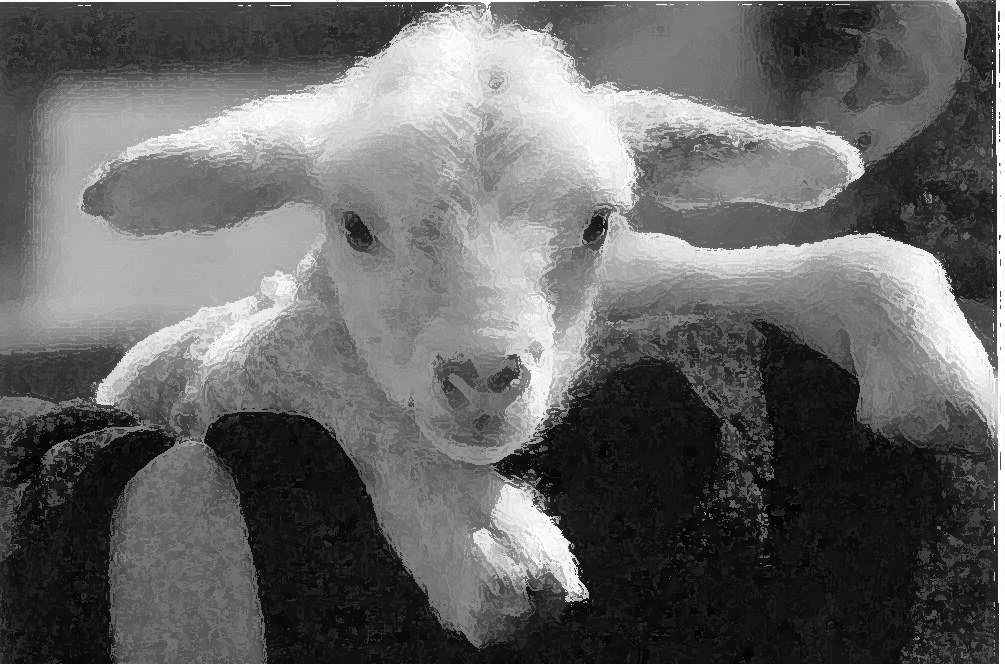 I read recently of a fringe group of church people, (I refuse to call them Christians), who decided to express their first amendment right and their presumed religious imperative to protest at the funeral of a local American Soldier who died in Afghanistan. They base their protests on the belief that; “These soldiers are dying for the homosexual and other sins of America. God is now America’s enemy, and God Himself is fighting against America”.
Out of respect for the dead soldier’s family and friends, a second group decided to protest the protesters. Prior to the funeral, one business owner put up posters warning the first protesters, “You Have The Right To Protest A Dead Soldiers Funeral. We Have The Right To Bear Arms And We Will”. (Oh my!) For some reason the original protestors decided to stay home the day of the funeral.
I read recently of a fringe group of church people, (I refuse to call them Christians), who decided to express their first amendment right and their presumed religious imperative to protest at the funeral of a local American Soldier who died in Afghanistan. They base their protests on the belief that; “These soldiers are dying for the homosexual and other sins of America. God is now America’s enemy, and God Himself is fighting against America”.
Out of respect for the dead soldier’s family and friends, a second group decided to protest the protesters. Prior to the funeral, one business owner put up posters warning the first protesters, “You Have The Right To Protest A Dead Soldiers Funeral. We Have The Right To Bear Arms And We Will”. (Oh my!) For some reason the original protestors decided to stay home the day of the funeral.
A third viewpoint appeared in ‘The Buzz’, a daily column in the Charlotte Observer described as “Anonymous comments from readers on the issues of the day”. The writer asked; “What funeral would Jesus disrupt?” They posed the question in the now popular format of WWJD, or ‘What Would Jesus Do?” Embedded in this smug comment is their criticism of the protesters based on their assumption that loving Jesus would never disrupt a funeral. "That's rude and in very bad taste”.
Bad assumption about Jesus! He did disrupt funerals, everyone he ever attended …by raising the dead!
My answer is a little smug too, but based on what we actually find in the text of the New Testament it is not an opinion but fact. Jesus not only disrupted a funeral, He interrupted one He happened to stumble upon. In actual fact there is no record of Jesus not raising from the dead whatever person He found in that condition, at least in His three plus years of earthly ministry prior to His own death.
In the situation of the protest of the dead soldier’s funeral all three attitudes are lacking. To protest the funeral of an American soldier is cruel and dishonorable. To assume that God requires such behavior reflects a dark and troubled presumption about the heart of God.
Too often Christians make assumptions about Jesus based on their own specific doctrinal/denominational/cultural bias. It is easy to do. But in the case of what Jesus would, or wouldn’t do at a funeral, can most accurately be determined by what He did at the only ones we know He attended, specifically the ones recounted in the New Testament record.
He knew what was coming in His own life, a cross but also an empty tomb. He was a terrible deterrent to death in all its forms, whenever and wherever He found it. Jesus Himself is the Resurrection and the Life.




